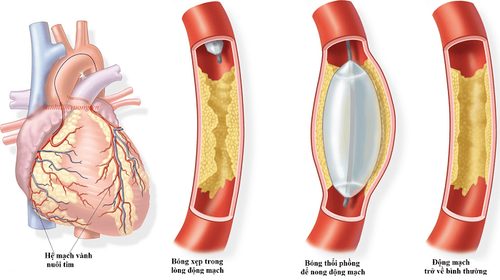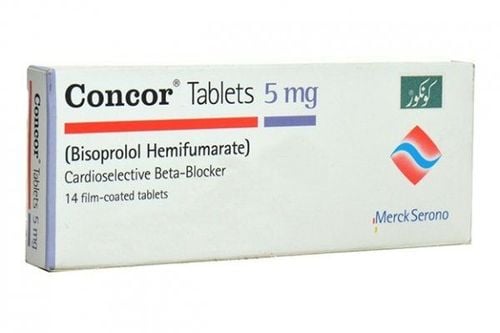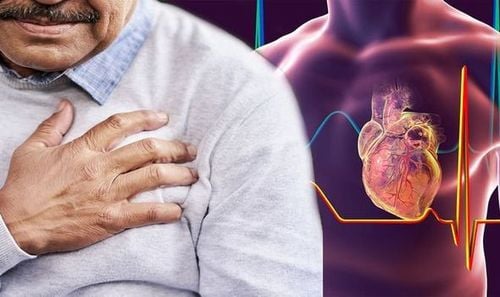This is an automatically translated article.
The article is professionally consulted by Master, Doctor Do Xuan Chien - Head of Department of Medical Examination & Internal Medicine and Professional Advisor, Department of Medical Examination and Internal Medicine - Vinmec Ha Long International Hospital.Cardiovascular intervention through IV catheter is a procedure applied flexibly in the detection and treatment of cardiovascular diseases. The intervention is carried out in a short time, low risk of complications, fast recovery time and low treatment cost.
1. What is IV Catheter Cardiovascular Intervention?
Cardiovascular intervention through IV catheter is a procedure with the aim of maintaining the proper functioning of the heart. The procedure is performed using a thin, flexible catheter that is passed through a vein (IV) to the heart. Here, depending on the purpose of the intervention, the catheter is used to evaluate the different activities of the heart.
2. Effects of iv . catheter cardiovascular intervention
Cardiovascular interventions through IV catheters have the following effects:
Assess the status of coronary arteries, find coronary artery-related diseases such as atherosclerosis. Checking blood flow in the coronary arteries Checking blood flow and blood pressure in the chambers of the heart Checking the functioning of the heart valves Checking for abnormalities in the heart Checking for congenital heart defects Take specimens for biopsies Checking the circulation of blood vessels Treating cardiovascular diseases (valve dilation, left atrium closure, arrhythmias, etc.)
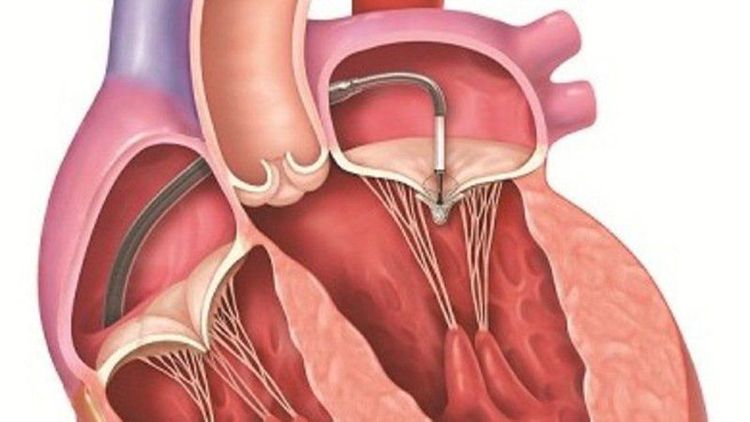
Can thiệp tim mạch bằng ống thông iv giúp chẩn đoán và điều trị bệnh lý về tim mạch
3. Indications and contraindications for cardiac intervention through IV catheters
Patients who are indicated for cardiovascular intervention through IV catheters are the following subjects:
Suspected narrowing, blockage of blood vessels due to chest pain, frequent shortness of breath Treatment of cardiovascular diseases: rheumatic heart disease, openness Heart valve , valvular stenosis, coronary artery stenosis, etc. Suspected heart defect Suspicion of valvular disease, coronary artery disease, etc. Besides those who are indicated for cardiovascular intervention through IV catheter, the Subjects had a severe allergic reaction to the contrast medium. People with heart failure, severe arrhythmia, end-stage kidney disease. Women during pregnancy will not be prescribed this technique by doctors, because they can affect current health status as well as existing diseases.
4. Cardiovascular intervention procedure through IV . catheter
Before performing the IV catheter cardiovascular intervention procedure, the doctor will assign the patient a few things to make sure the procedure gives the best results. Accordingly, patients will stop taking anticoagulants 2-3 days before cardiac catheterization, and change the duration of insulin use (as prescribed by the doctor) for diabetic patients. Check to confirm pregnancy or not, if pregnancy is suspected, it is necessary to do a test, because this procedure is not recommended for pregnant women.
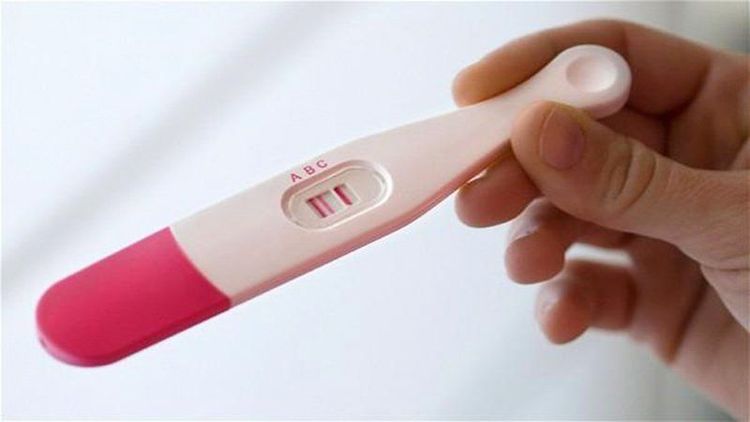
Phụ nữ mang thai không nên thực hiện can thiệp tim mạch qua ống
Cardiovascular interventional procedure through IV catheter is carried out in the following order:
Choose the location of cardiac catheterization: Usually the catheter is placed in the groin or wrist area Anesthetize the skin preparation area catheterization Make a small hole in the blood vessel and insert a conical tube (conductor) through the hole Insert another thin, flexible wire that follows the previously inserted portion of the tube (conductor) into the vessel wall blood Thread the wire through the blood vessels to bring it to the heart Capture the position of the lead and catheter with an X-ray machine If it is in the right position, continue to use the camera system to rotate around the chest area to take pictures Coronary (peripheral) imaging at any angle to assess and locate the stenosis Pass the balloon through the interventional catheter, slide over the wire, to the site of the stenosis. Inflate the balloon, if you feel chest pain, tell your doctor. When the balloon has pressed against the atherosclerotic plaque against the vessel wall, the lumen is enlarged, the doctor will deflate and withdraw the balloon. If the lesion only requires balloon dilatation, the procedure stops here and the doctor will remove the instruments from the body. In addition to angioplasty, the doctor may also perform other procedures such as placing a stent into the blood vessel after the catheter is inserted.
After completing the procedure of cardiovascular intervention through the iv catheter, the patient also needs to follow the doctor's instructions to achieve the most effective post-treatment results. If the catheter is inserted through the groin area, you should lie flat on the bed for a few more hours (1-4 hours). If the catheter is inserted into your arm, you should keep the arm still for a few hours.
If the subject is a child, parents need to keep the baby's feet still for a few hours after cardiac catheterization, in addition, the patient should drink plenty of fluids during the first few hours after cardiac catheterization and not should do heavy exercise or heavy lifting within the first 1 to 2 days after the intervention.
Currently, Vinmec International General Hospital can perform the most modern structural cardiovascular interventions thanks to a team of Cardiologists at home and abroad. Along with that, the possession of modern equipment for the best surgery and treatment of cardiovascular diseases in the country will bring the best treatment results to patients.
Master. Doctor Do Xuan Chien is former Deputy Head of Cardiology Department of Phu Tho Provincial General Hospital with more than 11 years of experience working in Cardiology and Metabolic Pathology. Currently, he is the Head of the Department of Medical Examination and Internal Medicine, Vinmec Ha Long International General Hospital.
Associate Professor. Dr. Hoang Dang Mich has over 42 years of medical practice, has strengths in the specialized fields of Liver - Kidney - Immune pathology... Currently, he is a Specialist Consultant in General Internal Medicine Department of Examination. Medicine & Internal Medicine, Vinmec Ha Long International General Hospital.
Customers can directly go to Vinmec Health system nationwide to check or treat cardiovascular disease by contacting the hotline here for support.





